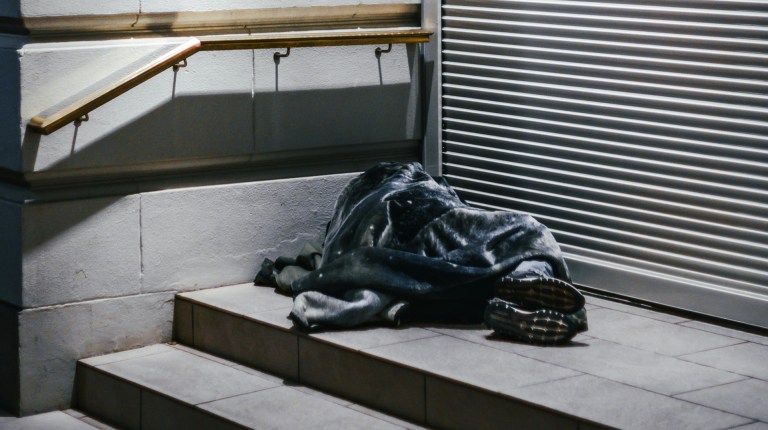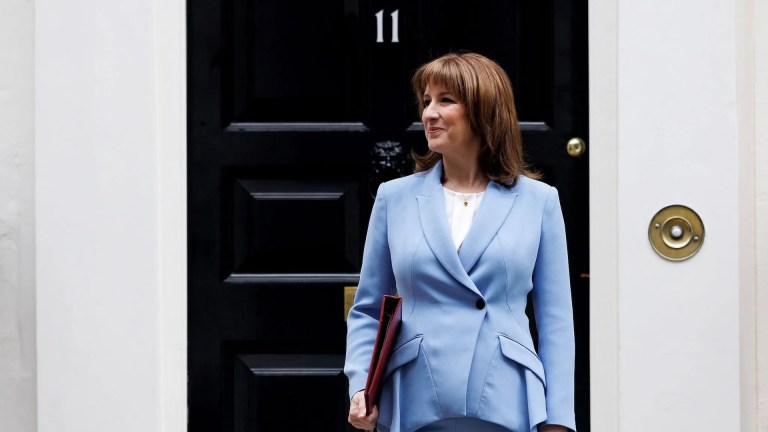The UK Government will hand over £500 million in funding to boost local authority spending power and reduce councils’ cash shortfall driven by the Covid-19 crisis.
Housing Secretary Robert Jenrick announced plans to help councils build breathing space into their budgets, stating that central government will also reimburse them for income lost during the pandemic, with an allowance for council tax debt to be repaid over three years instead of one – something public finance experts said “kicks the problem into the long grass”.
If a council’s losses are valued at more than five per cent of its planned income from sales, fees and charges, the Government will compensate them for 75p per pound lost. In a statement the Government said the funding would “shield authorities from the worst losses” and cover drastically cut income from car parks and museums.
Jenrick said: “Councils are playing a huge part in supporting their communities during this pandemic. From supporting the most vulnerable and keeping vital services running to operating local track and trace, council workers have been at the forefront of this great national effort and are the unsung heroes of this pandemic.
This autumn’s budget will be the toughest they have ever experienced
“Today I am providing a further package of support that takes our support for councils during this pandemic to £4.3 billion to help meet the immediate pressures councils are facing. I know that the loss of revenue from car parks and leisure centres has created huge difficulties, so I am introducing a new scheme to help cover these losses.
“This government will continue to stand shoulder to shoulder with councils and communities as we recover from this pandemic as we renew our commitment to unite and level up the country.”









